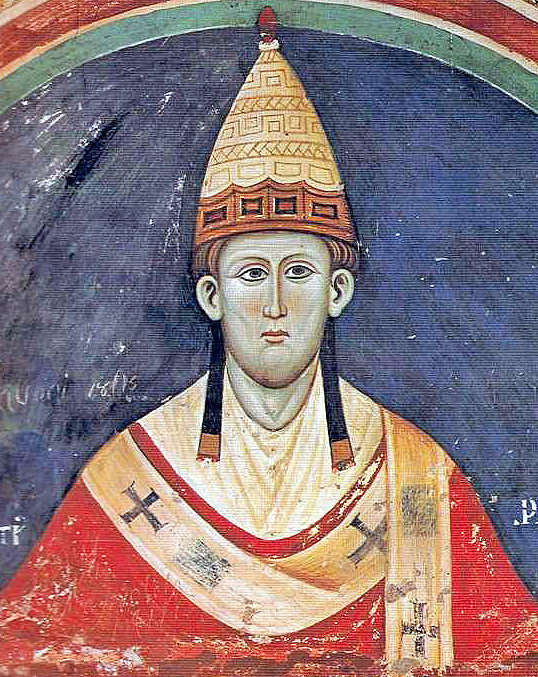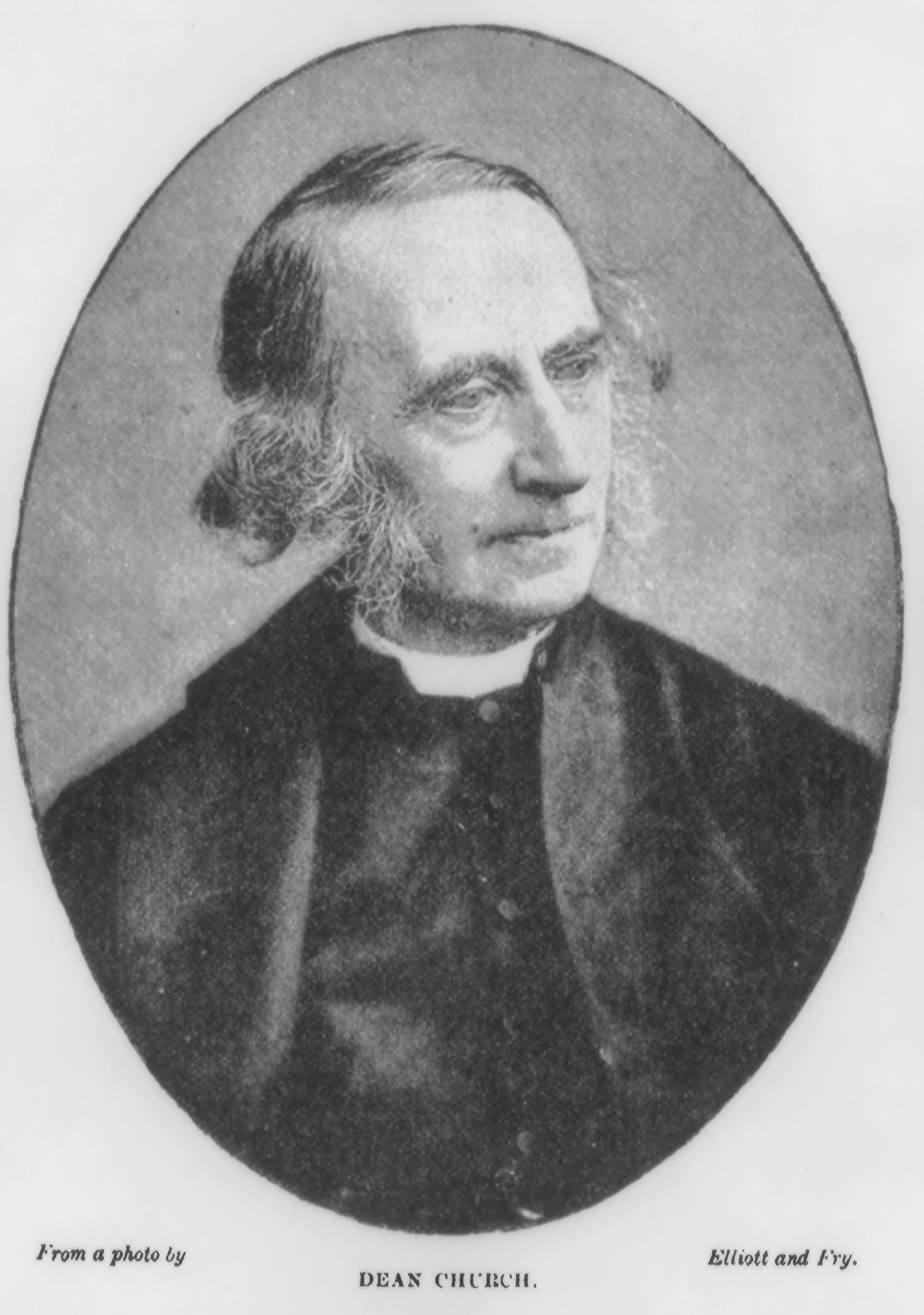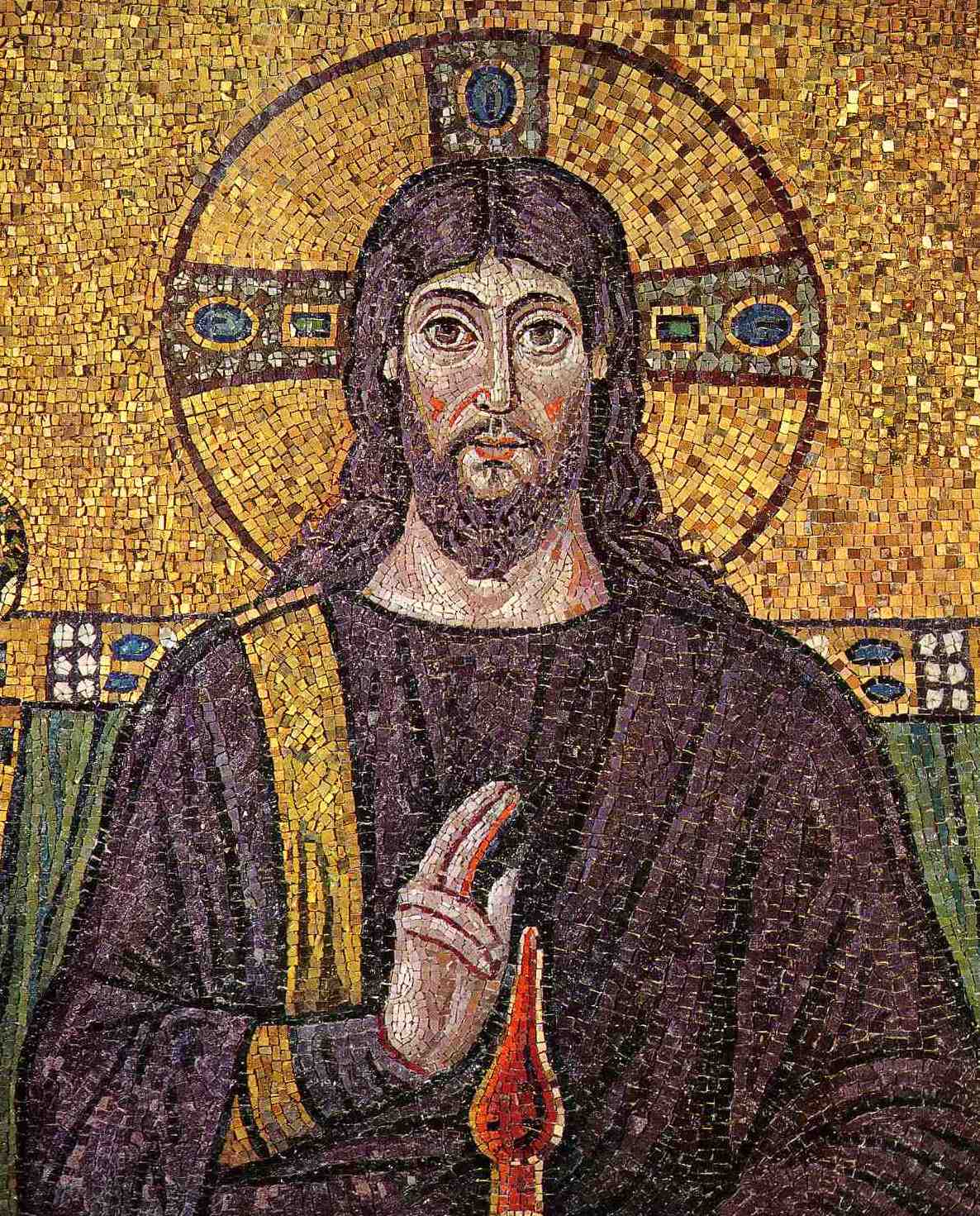|
Monarchia
''Monarchia'', often called ''De Monarchia'' (, ; "(On) Monarchy"), is a Latin treatise on secular and religious power by Dante Alighieri, who wrote it between 1312 and 1313. With this text, the poet intervened in one of the most controversial subjects of his period: the relationship between secular authority (represented by the Holy Roman Emperor) and religious authority (represented by the Pope). Dante's point of view is known on this problem, since during his political activity he had fought to defend the autonomy of the city-government of Florence from the temporal demands of Pope Boniface VIII. The work was Index Librorum Prohibitorum, banned by the Catholic Church in 1585. Title and date The title found in the extant Dante manuscripts and the ''editio princeps'' is simply ''Monarchia''. Michele Barbi pointed this out in his introduction to the 1921 centenary edition and urged editors to adopt it. Prue Shaw has urged likewise, and done so herself, since 1995, explaining h ... [...More Info...] [...Related Items...] OR: [Wikipedia] [Google] [Baidu] |
Dante Alighieri
Dante Alighieri (; most likely baptized Durante di Alighiero degli Alighieri; – September 14, 1321), widely known mononymously as Dante, was an Italian Italian poetry, poet, writer, and philosopher. His ''Divine Comedy'', originally called (modern Italian: ) and later christened by Giovanni Boccaccio, is widely considered one of the most important poems of the Middle Ages and the greatest literary work in the Italian language. Dante chose to write in the vernacular, specifically, his own Tuscan dialect, at a time when much literature was still written in Latin, which was accessible only to educated readers, and many of his fellow Italian poets wrote in French or Provençal dialect, Provençal. His ' (''On Eloquence in the Vernacular'') was one of the first scholarly defenses of the vernacular. His use of the Florentine dialect for works such as ''La Vita Nuova, The New Life'' (1295) and ''Divine Comedy'' helped establish the modern-day standardized Italian language. His wo ... [...More Info...] [...Related Items...] OR: [Wikipedia] [Google] [Baidu] |
Sun And Moon Allegory
The Sun and Moon allegory is used to depict a medieval political theory of hierocracy which submits the secular power to the spiritual power, stating that the Bishop of Rome is like the Sun, the only source of his own light, while the Emperor is like the Moon, which merely reflects lights and has no value without the Sun. It was espoused by the Catholic Church of Innocent III and instantiated to some extent in medieval political practice. It was among the first ambitions of papal domination of Europe. Description Finding this imagery in the Book of Genesis, the Allegory images authentic spiritual authority as the Sun and any and all civil, or political or secular, authority as the Moon. By doing so, it illustrates that the Roman Catholic Pope, as "Supreme Pontiff", "Vicar of Christ", et cetera, and therefore the supreme universal spiritual authority on Earth, is like the Sun that is the one source of light for itself and all other celestial bodies orbiting it; while the Holy R ... [...More Info...] [...Related Items...] OR: [Wikipedia] [Google] [Baidu] |
Aurelia Henry Reinhardt
Aurelia Isabel Henry Reinhardt (April 1, 1877 – January 28, 1948) was an American educator, activist, and prominent member and leader of numerous organizations. She completed her undergraduate studies at the University of California, Berkeley, her doctoral dissertation at Yale University, Yale, and studied as a Research fellow, fellow at University of Oxford, Oxford. After teaching at the University of Idaho, the Lewis–Clark State College, Lewiston State Normal School, and with the Extension Division of the University of California, Reinhardt was elected president of Mills College in 1916, and held the position until 1943, making her the longest serving president in the history of the school. Reinhardt was a peace activist during the First World War, an active member of the Republican Party (United States), Republican Party, and supported the ratification of the Treaty of Versailles as well as the formation of the League of Nations. She wrote and spoke extensively throug ... [...More Info...] [...Related Items...] OR: [Wikipedia] [Google] [Baidu] |
Monarchy
A monarchy is a form of government in which a person, the monarch, reigns as head of state for the rest of their life, or until abdication. The extent of the authority of the monarch may vary from restricted and largely symbolic (constitutional monarchy), to fully autocratic (absolute monarchy), and may have Political representation, representational, Executive (government), executive, legislative, and judicial functions. The Order of succession, succession of monarchs has mostly been Hereditary monarchy, hereditary, often building dynasties; however, monarchies can also be elective monarchy, elective and Self-proclaimed monarchy, self-proclaimed. Aristocracy (class), Aristocrats, though not inherent to monarchies, often function as the pool of persons from which the monarch is chosen, and to fill the constituting institutions (e.g. Diet (assembly), diet and Royal court, court), giving many monarchies oligarchic elements. The Legitimacy (political)#Monarchy, political legitim ... [...More Info...] [...Related Items...] OR: [Wikipedia] [Google] [Baidu] |
Richard William Church
Richard William Church (25 April 1815 – 6 December 1890) was an English cleric and writer, known latterly as Dean Church. He was a close friend of John Henry Newman and allied with the Tractarian movement. Later he moved from Oxford academic life to some prominence in the Church of England. Life Richard William was the eldest of three sons of John Dearman Church, a wine merchant, and his wife Bromley Caroline Metzener (died 1845). His grandfather Matthew Church, a merchant of Cork, and his wife, were Quakers, and John was not baptised into the Church of England until his marriage in 1814. His uncle, General Sir Richard Church (1784–1873), achieved fame as a liberator of Greece. The family moved in 1818 to Florence. After his father's death in 1828, his mother settled in Bath and he was sent to a strict evangelical school at Redland, Bristol. He was admitted in 1832 to Wadham College, Oxford, and took first-class honours in 1836. His mother, meanwhile, was remarried to Thomas ... [...More Info...] [...Related Items...] OR: [Wikipedia] [Google] [Baidu] |
Pope Boniface VIII
Pope Boniface VIII (; born Benedetto Caetani; – 11 October 1303) was head of the Catholic Church and ruler of the Papal States from 24 December 1294 until his death in 1303. The Caetani, Caetani family was of baronial origin with connections to the papacy. He succeeded Pope Celestine V, who had papal resignation, abdicated from the papal throne. Boniface spent his early pontificate abroad in diplomatic roles. Boniface VIII put forward some of the strongest claims of any pope to Temporal power of the Holy See, temporal as well as spiritual power. He involved himself often with foreign affairs, including in France, Sicily, Italy, and the First War of Scottish Independence. These views, and his chronic intervention in temporal affairs, led to many bitter quarrels with Albert I of Germany, Philip IV of France, and Dante Alighieri, who expected the pope to soon arrive at the Malebolge, eighth circle of Inferno (Dante), Hell in his ''Divine Comedy'', among the simony, simoniacs. Bon ... [...More Info...] [...Related Items...] OR: [Wikipedia] [Google] [Baidu] |
List Of Authors And Works On The Index Librorum Prohibitorum
This is a selected list of authors and works listed on the ''Index Librorum Prohibitorum''. The ''Index'' was discontinued on June 14, 1966 by Pope Paul VI. A complete list of the authors and writings present in the subsequent editions of the index are listed in J. Martinez de Bujanda, ''Index Librorum Prohibitorum, 1600–1966'', Geneva, 2002. The Index includes entries for single or multiple works by an author, all works by an author in a given genre or dealing with a given topic. The scope of the prohibition is defined by a Latin phrase in the Index: * ''Omnia opera dramatica'': all plays * ''Omnes fabulae amatoriae'': all novels, or romances * ''Opera omnia theologica'': all theological works * ''Opera omnia'': all works (see note below) The Index includes entries banning ''all'' works of a particular writer. Most of these were inserted in the Index at a time when the Index itself stated that the prohibition of someone's "opera omnia" (all his works) did not cover works whos ... [...More Info...] [...Related Items...] OR: [Wikipedia] [Google] [Baidu] |
Hierocracy (medieval)
In the Middle Ages, hierocracy or papalism''Hierocracy'' is sometimes construed as a more radical, specifically late medieval variant of ''papalism''. . was a current of Latin legal and political thought that argued that the pope held supreme authority over not just spiritual, but also temporal affairs. In its full, late medieval form, hierocratic theory posited that since Christ was lord of the universe and both king and priest, and the pope was his earthly vicar, the pope must also possess both spiritual and temporal authority over everybody in the world.. Papalist writers at the turn of the 14th century such as Augustinus Triumphus and Giles of Rome depicted secular government as a product of human sinfulness that originated, by necessity, in tyrannical usurpation, and could be redeemed only by submission to the superior spiritual sovereignty of the pope. At the head of the Catholic Church, responsible to no other jurisdiction except God, the pope, they argued, was the monar ... [...More Info...] [...Related Items...] OR: [Wikipedia] [Google] [Baidu] |
14th-century Books In Latin
The 14th century lasted from 1 January 1301 (represented by the Roman numerals MCCCI) to 31 December 1400 (MCD). It is estimated that the century witnessed the death of more than 45 million lives from political and natural disasters in both Europe and the Mongol Empire. West Africa experienced economic growth and prosperity. In Europe, the Black Death claimed 25 million lives wiping out one third of the European population while the Kingdom of England and the Kingdom of France fought in the protracted Hundred Years' War after the death of King Charles IV of France led to a claim to the French throne by King Edward III of England. This period is considered the height of chivalry and marks the beginning of strong separate identities for both England and France as well as the foundation of the Italian Renaissance and the Ottoman Empire. In Asia, Tamerlane (Timur), established the Timurid Empire, history's third largest empire to have been ever established by a single conqueror. ... [...More Info...] [...Related Items...] OR: [Wikipedia] [Google] [Baidu] |
1312 Books , a rebadged Fiat 131
{{numberdis ...
131 may refer to: *131 (number) *AD 131 *131 BC *131 (album), the album by Emarosa *131 (MBTA bus), the Massachusetts Bay Transportation Authority bus. For the MBTA bus, see 131 (MBTA bus). *131 (New Jersey bus), the New Jersey Transit bus *131 Vala, a main-belt asteroid *Fiat 131, also known as the Tofaş Murat 131, a family car **SEAT 131 The SEAT 131 is a rebadged Fiat 131, a mid-size family car, produced by the Spain, Spanish Automotive industry, car manufacturer SEAT from 1975 to the middle of 1984. The SEAT 131 was presented in May 1975 in the Barcelona Motor Show. With SEAT h ... [...More Info...] [...Related Items...] OR: [Wikipedia] [Google] [Baidu] |
Christian Secularism
Christian atheism is an ideology that embraces the teachings, narratives, symbols, practices, or communities associated with Christianity without accepting the literal existence of God. It often overlaps with nontheism and post-theism. Common beliefs There are different schools of thought among Christian atheists. Thomas Ogletree, Frederick Marquand Professor of Ethics and Religious Studies at Yale Divinity School, lists these four common beliefs:Ogletree, Thomas W. The Death of God Controversy. New York: Abingdon Press, 1966. # the assertion of the unreality of God for our age, including the understandings of God that have been a part of traditional Christian theology; # the insistence upon coming to grips with contemporary culture as a necessary feature of responsible theological work; # varying degrees and forms of alienation from the church as it is now constituted, and; # recognition of the centrality of the person of Jesus in theological reflection. Theological approach ... [...More Info...] [...Related Items...] OR: [Wikipedia] [Google] [Baidu] |





